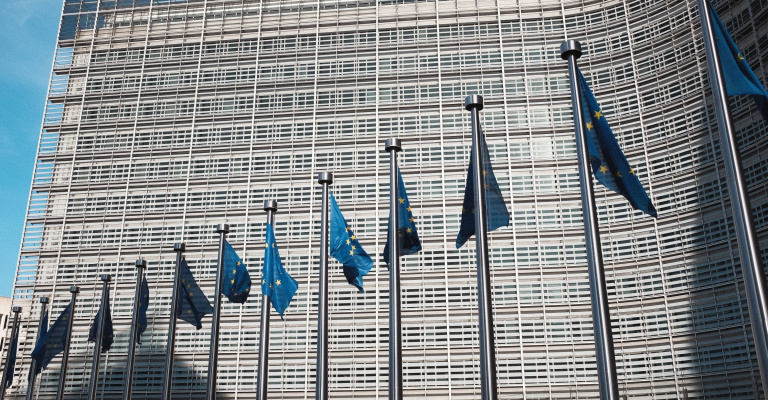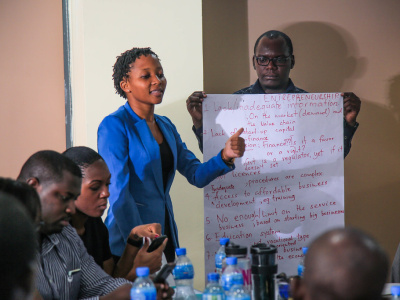
Implementing EU development and trade finance enhanced coordination under the Global Gateway strategy
San Bilal, Laure Blanchard-Brunac and Andreas Klasen argue that the EU’s Global Gateway strategy relies on enhanced coordination between export credit agencies, development finance institutions and public banks. They call for a simpler structure, new financing tools and clearer priorities to strengthen private sector involvement while supporting both EU objectives and partner countries’ development needs.
Summary
The success of the implementation of the EU’s Global Gateway strategy (GG) greatly depends on enhanced coordination of the various actors involved, especially export credit agencies (ECAs), development finance institutions (DFIs), and multilateral and national public development banks (MDBs and PDBs). These institutions are critical to the involvement of the private sector in Europe and in the EU’s partner countries. This objective is defined as ‘ECA-DFI enhanced coordination’. This paper proposes key elements to ensure greater involvement from the European private sector and public financial institutions under GG, while aligning with both the EU’s geostrategic and geoeconomic interests and the EU’s partner countries’ development priorities:
- Adopt a light, flexible and reactive coordination structure with minimal administrative burden, including representatives from relevant actors as key drivers for an ECA-DFI enhanced coordination in EU external investment under GG, as the EU intends to build on Team National’s efforts at the EU member state level, especially for the origination of eligible strategic projects, combined with a Team Europe approach;
- Launch a dedicated financing mechanism under the EU’s next multiannual financial framework, ideally via the European Investment Bank Group, preferably with non-official development assistance resources under an international arm of a competitiveness fund, to provide EU support to ECAs for eligible projects in the form of guarantees, blending grants and technical assistance, recognising the need to have a financial toolbox at its disposal rather than one single instrument; and
- Implement clear definitions of ‘EU interests’ and ‘resilience’ as new key criteria for GG strategic projects, in addition to sustainable development objectives, with potential for enhanced ECA-DFI coordination; and ensure communication and visibility due to a light but impactful reporting framework.






